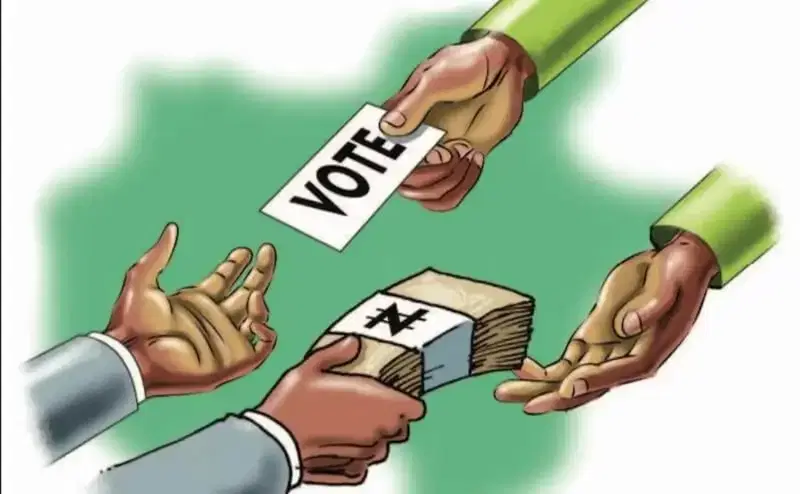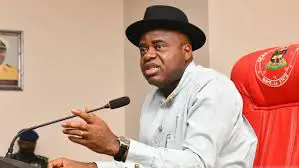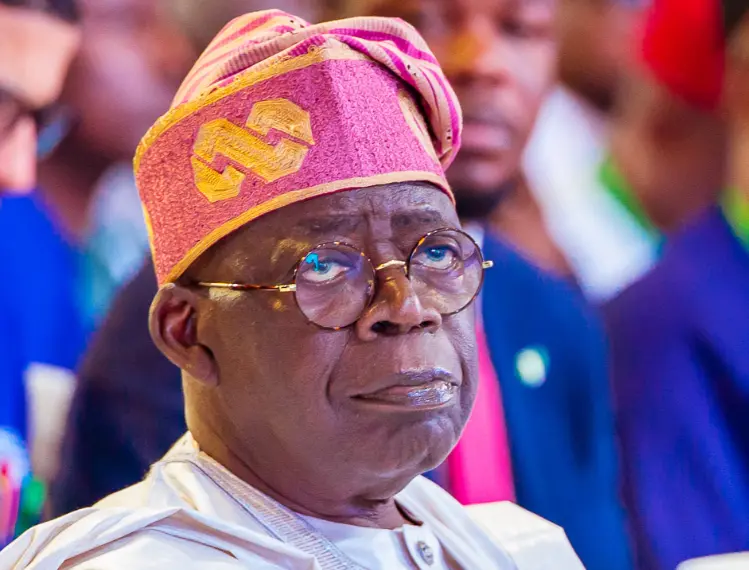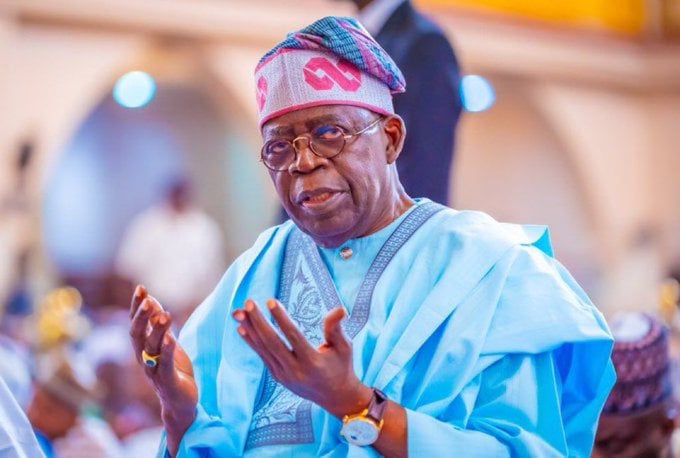
Barely three days to the just ended Anambra State governorship election, the Command headquarters at the heart of the state capital, Awka, was occupied by thousands of well-kitted and battle-ready policemen.
The entrance of the command was filled with different makes of police sophisticated equipment ranging from armoured vehicles to bomb detectors and others.
The air, marine, and tactical unit operations were also activated with a view to neutralizing potential flashpoints and guarantee safety across all 21 local government areas of the state.
IGP’s directives
In line with the directive of the Inspector-General of police, Kayode Egbetukon, the Deputy Inspector General of Police, DIG, in charge of the election, Benjamin Okolo, was on ground with other top police officers from different units of the force to map out and concretise plans for adequate security during the election.
The following day, the coordination reached an impressive scale as checkpoints dotted the highways. Armoured personnel carriers were strategically stationed in major towns, while tactical units were visible in many locations.
Interestingly, the Commissioner of Police in the state, Ikioye Orutugu, had laid the groundwork and dotted the lines preparatory to the election.
He told reporters that, based on directives from the IGP, he had prior to the elections carried out clearance operations across the state , especially in areas known as flashpoints. His efforts were later commended by the DIG in charge of Force Investigation Department, Benjamin Nwokolo, who stated that areas where violence was anticipated turned out to be contrary to public expectations. He told reporters that all security arrangements had been finalized to ensure a peaceful, fair, and credible election across the state assuring that adequate security arrangements had been made to contain any issue that may arise during the exercise while deployments have been made to respond swiftly to such incidents.
Airwing dominance.
On its part, the airwing dominated all the nooks and crañnies of the state with low flying choppers commanded by the Commissioner of Police in charge of the unit, Martin Nwogoh. He also told reporters that the two choppers on the ground would continue to crisscross the length and breath of the state.
Noticeably, the atmosphere was filled with distinctive sounds recognised by most people even from a distance as they dominated the air.
CP Nwogoh told reporters that it will continue dominating the air, combing flashpoints and all the boundaries until the end of the election as directed by the IGP. He assured of the swift manoeuvrability of the choppers in case of any crisis and prompt communication with other units.
A guided trip round the state capital, Awka, showed the readiness of security agencies to live up to expectations. Conventional and non conventional policemen were noticed patrolling round while heavily armed policemen were seen criss-crossing each other in their patrol cars in a show of force that readily registered in the minds of trouble shooters that they will not find it easy.
As early as 7am on the d-day, the DIG, who was kitted in combat ready uniform together with AIG Akor Gabriel, CP Orutugu, and other officers zoomed off to different locations in the state. They were traversing not just the anticipated volatile areas but other inland towns, and wherever they arrived, they assured voters of their safety and the need to maintain peace.
From Okija to Ihiala, Onitsha to Aguleri/Umuleri and the rest of the towns that make up the state, they patrolled until the election was over and voters trooped back to their respective homes.
Pre-election operations
Highlighting the benefits of pre-election operations in sensitive areas, DIG Okolo said that Ihiala, considered a flashpoint for IPOB activity where violence was anticipated, remained very peaceful. According to him, I think this was largely due to the clearance operations carried out there before the election, which contributed significantly to the success we observed. The election there, he said, was peaceful.
He also explained that security coverage was organised in phases, from the movement of election materials and personnel to polling units, through voting and finally to collation centers.
“We anticipated some challenges, particularly during collation, from polling units to ward collation centres and then to local government and INEC headquarters. Security measures were realigned to cover all these phases.”
On whether security arrangements would continue after the election results, he emphasized that” security is in place before, during, and after the election stating that current architecture will stand down only when the IGP gives order.”
On the issue of the conduct of officers, he said, “No, there have been no such reports. Our personnel behaved professionally and exemplary. There has been no report from any polling unit, local government, or ward of misconduct by police, military, or other officers involved in the assignment.
The DIG also spoke on the visible and dominating air and drone surveillance over the past two days. “The essence of show of force, whether through air surveillance ground presence, is to demonstrate authority, which often acts as a deterrent. It has contributed positively to the success of the election, regardless of cost. We also deployed drones in some areas, not just for presence but for surveillance and monitoring.”
Why Police didn’t arrest vote-buyers
Regarding the issue of vote buying, DIG Okolo clarified: “I am not sure it is under our policy. The EFCC is responsible for financial offenses, and we enforce all laws generally. In this instance, no arrests were made by the police so far. As I mentioned earlier, we are still collecting reports from all local governments, and at the end of the day, we will have a complete picture.”
On his part, CP Orutugu who took over the helm of the Anambra State Command nine months ago as the 35th commissioner of Police, said that deliberate and proactive policing measures made the state secure for all before, during and after the election.
‘Why we voted APGA ‘
A woman seen in one of the polling booths selling food to voters did not hide her happiness when reporters asked her if she was happy with the security in place during the election. She stated: “ I want to tell you people that nobody was ready to cause trouble during the election. We knew that APGA would win because it is our party. We did not vote for individuals. We voted for the party of Igbo, APGA.”
In the same vein, a youth leader seen at the popular Abakaliki Street known for its array of hotels and joints including nightlife, Tony Agu, said: “ Tell everybody that we in Anambra voted our part, APGA, according directives from our father, Late Chukwuemeka Odumegwu-Ojukwu. That’s all. We did not vote for individuals. I appeal to other Igbo states to emulate what we are doing in Anambra for the betterment of the Igbo race.”
No fewer than 27 Commissioners of Police and an equal number of Deputy Commissioners and Assistant commissioners supervised all the local government areas, including INEC and other strategic organisations involved in the conduct of the election.
VANGUARD.




